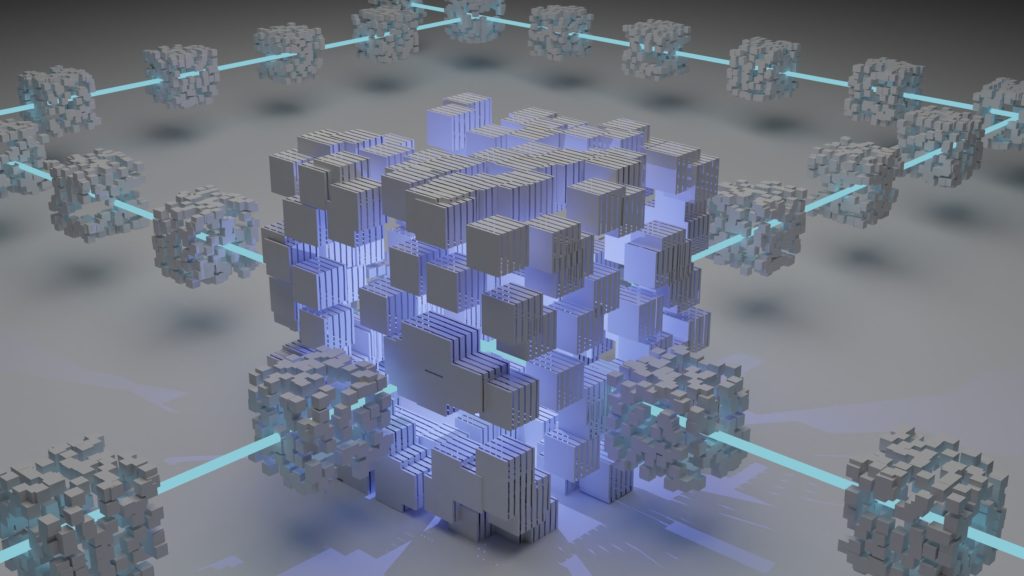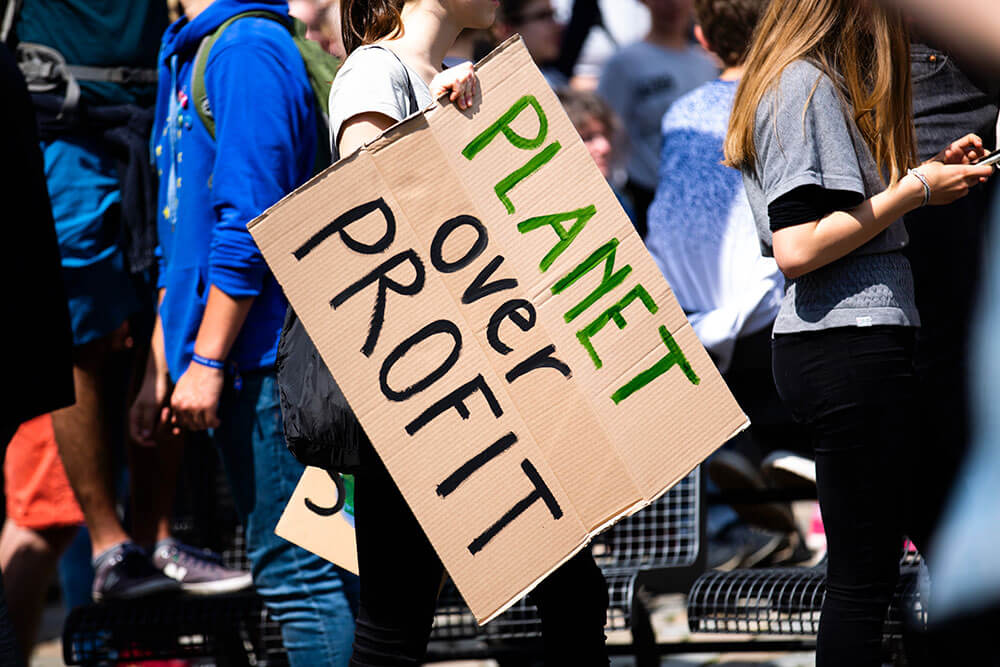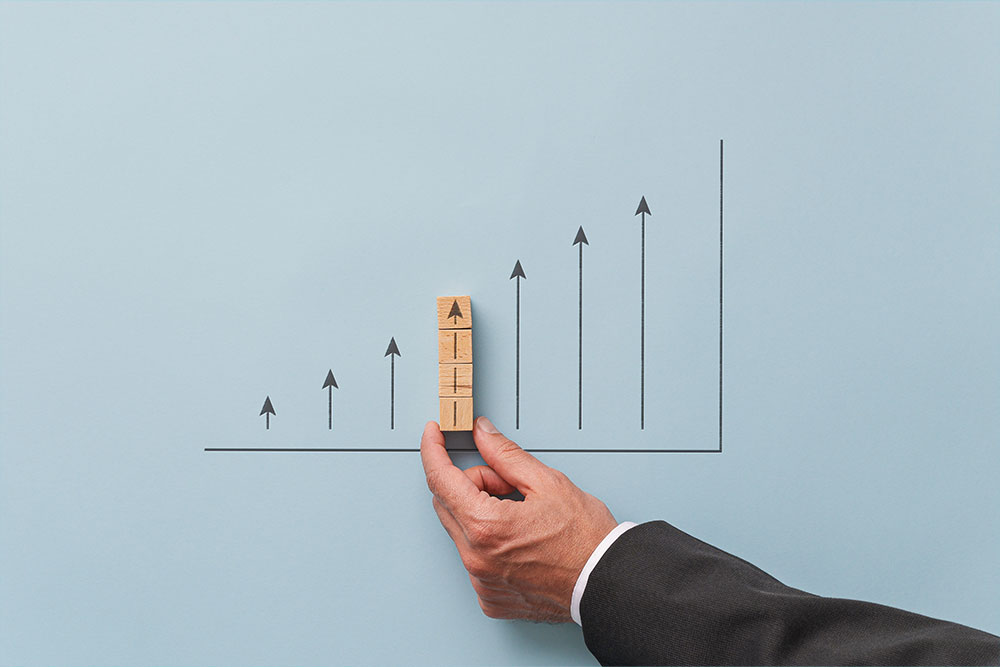
How Plastic Bank exceeds plastic waste recovery standards
Dive into how Plastic Bank sets higher sustainability standards by turning discarded plastic into a valuable resource and supporting underserved communities.

Written by
on
4 minutes to read
 Photo by GuerrillaBuzz Crypto PR on Unsplash
Photo by GuerrillaBuzz Crypto PR on Unsplash
Make sure your approach has positive, measurable impacts that can be brought to scale. Make sure it can reach at least a million people and make their lives measurably better.
Paul Polak, social entrepreneur and author of Out of Poverty: What Works When Traditional Approaches Fail
To be brought to scale, Plastic Bank had to create a monetary system that could be securely transferred globally. That monetary system had to be dependable and easily incorporated into the lives of people living in poverty.
What arose out of this challenge is a fintech solution that powers the PlasticBank® app, currently serving collection community members globally. That technology is called Alchemy™, and it has helped Plastic Bank stop billions of plastic bottles from entering the ocean while improving the lives of collection communities.
Alchemy is a platform that enables Plastic Bank to create rewards and benefits, trace the collection of plastic, deliver plastic credit programs, and produce audit-ready impact reporting for our partners. It is powered by an energy-efficient hybrid blockchain system that ensures security and trust in the recycling process, savings accounts, and income for collection community members. Members engage with Alchemy through the PlasticBank® app, which is how they exchange digital tokens, track their finances, and receive updates. If a member doesn’t have a smartphone, they are still part of the Alchemy system and a deposit is made to their account through their collection branch.
In many informal recycling communities, the commodity price of plastic fluctuates and the majority of plastic types are not accepted. As a result, plastic waste is either burned or dumped into waterways. Plastic Bank reveals the true economic value of plastic in order to make plastic too valuable to discard. Collection community members can exchange various types of plastic for a set price above market value.
This has created a system for plastic exchange similar to any other currency exchange. The PlasticBank® app uses blockchain technology to securely and transparently record transactions. The app’s digital wallet is often the first bank account that our members own, which allows them to save money and receive other benefits that Plastic Bank offers.
Blockchain is most widely known as the technology that powers cryptocurrencies, but it can be used in many other ways. One of the main functions of blockchain is to secure and track assets and transactions in a business network. This means once it’s added to the blockchain, it can’t be modified. Plastic Bank’s Alchemy platform has special auditing tools to disqualify an erroneous or fraudulent transaction from our reporting systems, while still maintaining a permanent record of its existence. A new correcting entry can be made in the event that an error occurs, disqualifying the original transaction. Plastic Bank works with first-time phone users with very low levels of education and literacy. There are various features and processes in Alchemy to review and approve every transaction and verify its authenticity. Alchemy’s flag and approval mechanism within the internal auditing system prevents any immutable errors from falsifying the data.
The actual blockchain is created by each transaction being recorded as a “block” of data. Within each block is important information that answers things like the who, what, when, and where of the transaction. As new transactions occur, each block is interlinked to the one before it. When the asset changes hands, the blocks confirm the time and sequence of the transaction. With each new block, the strength of the blockchain increases, and as they are all linked together in a complex network, the blockchain becomes immutable.
The technology of blockchain can be used in many different contexts in order to provide trust. Trust is foundational to UN Sustainable Development Goals like Poverty Alleviation (SDG #1), Industry Innovation (SDG #9), and Responsible Consumption and Production (SDG #12)
For consumers to be willing to make a change and get involved in processes that minimize negative environmental impacts, they need to trust that the organizations are telling the truth.
Plastic Bank uses an energy-efficient hybrid blockchain that eliminates the need for mining or other energy-intensive protocols. This blockchain allows Plastic Bank to provide a secure and complete history of everything that happens to each piece of plastic bottle once it’s entered our network.
In relation to the quote at the beginning of this post, the blockchain-secured platform called Alchemy is what has allowed Plastic Bank to bring the vision to scale and help communities make their lives measurably better.
What can you do as an Ocean Steward?

Dive into how Plastic Bank sets higher sustainability standards by turning discarded plastic into a valuable resource and supporting underserved communities.

Photo by Nick Fewings on UnsplashWhat is the circular economy?We’ve spent hundreds of years extracting materials to…

Photo by Markus Spiske on UnsplashOur planet is drowning in plastic waste.

Photo by Gajus-Images on EnvatoElementsIn recent years, the term EPR has become a buzzword along with sustainability.